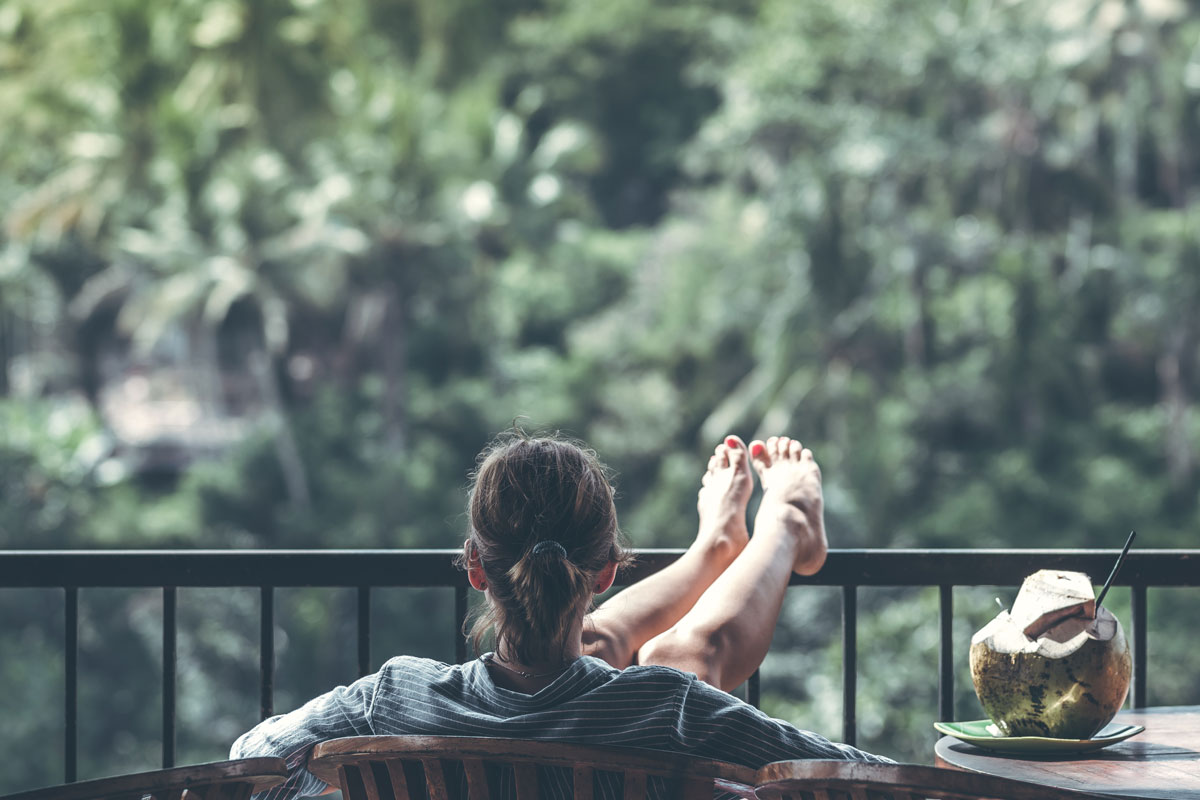Self-regulation has become a bit of a buzz word in certain circles. What it means is the process by which we regulate ourselves – not rocket science but going one step further it means how we get ourselves from functioning with our ‘primitive’ or survival brain – when there is a threat for example – to behaving in a clam and measured way which is usually easy when we feel safe and secure.
Like almost everything in our body and brain things happen for a reason. When we are under threat lots of chemicals are released causing us to respond – usually in a fight or flight way. But in modern society here in the Western world usually there isn’t an actual threat but a perceived threat, so we become aroused and emotional and our bodies are flooded with chemicals, even when the ‘threat’ is not real.
Think about when you are afraid, or extremely angry or sad. With a few exceptions, as adults we usually manage to calm ourselves down, though depending on the level of distress this may take a little while. We also probably all know that there are some people who find this a bit more difficult than others or some occasions when for other reasons we find it harder.
It is thought that self-regulation is essential for health and happiness. It is the mechanism we use to soothe ourselves, calm ourselves and cheer ourselves up. It allows us to not just concentrate on immediate reactions but respond in a more planned way.
But self-regulation doesn’t mean we should ignore our emotions, hard to do anyway, or never show or acknowledge our emotions. What it means is having good mechanisms to manage them, so we can use what they give us, remembering that emotions can be a great motivation to action.
How do we learn to regulate ourselves?
Like any other skill it is learned. Look at a baby or toddler and you will see that they are not able to self-regulate at all. If they are hungry, tired, cold, or want comfort, they let you know. When they are in that state their heart rate is up they may be red in the face and there is no doubt at all they are not happy. What then happens, providing there is a caring adult around, is that usually they will pick the baby up soothe them and rock them and give them what they need, food or clean nappy etc.
Gradually when that is repeated hundreds of times neural pathways are formed and it means that over time most people learn to calm themselves. Though that process takes years.
Self-regulation as an adult
Personality plays a part and we all have some situations where it is harder to regulate ourselves than others, for example we may find something causes a lot of anxiety if alone but if with others, especially people we trust, we may not be so anxious. Our ability to regulate ourselves may also depend on our physical condition if we are in pain or feeling ill or even if we are hungry or tired we may find it harder to regulate ourselves than we would at other times.
But almost every adult who can regulate has developed strategies that help them, and these vary depending on the emotion, but will often involve
- Pausing for a moment BEFORE reacting to a situation
- Viewing difficult situations as a challenge that can be overcome
- Using specific calming strategies like mindfulness or deep breathing to calm yourself
- Choosing to see the good in others
- Concentrating on what is good and going well, not things that aren’t
- Spending time with people that are trusted and talking about any problems or about feelings
- Understanding that thoughts and especially fears are not always accurate e.g. worries may rarely come to fruition
- Acknowledging emotions and identifying them before you begin to ‘regulate’
Developing Practice
But in some ways the best way to get better at self-regulation is to practice. By that I mean not waiting for the a situation when you must summon the strength to regulate yourself but building into your life and habits things that will help and it’s no surprise these are things that will have a beneficial impact on health and wellbeing in general.
In short looking after your body and your mind, So, it’s back to healthy diets, getting enough exercise, having balance in your life so you aren’t always feeling stressed, and doing things that help you like having hobbies, spending time with people that are positive and share your values and making a determined effort to be grateful and optimistic. But it can also help to develop a regular practice where you still your mind. Learning to be in the present and focus on the here and now will help you be able to put a few minutes space between an event happening and then reacting to it. In essence this is the first step to effective self-regulation as an adult. Recognising and feeling the emotion but choosing the way we respond in a more rational and measured way.
For more information about anything in this article or any aspect of self-regulation or emotional wellbeing contact Sheila on info@attunededcuation.com or visit the website www.attunedsuccess.co.uk.




